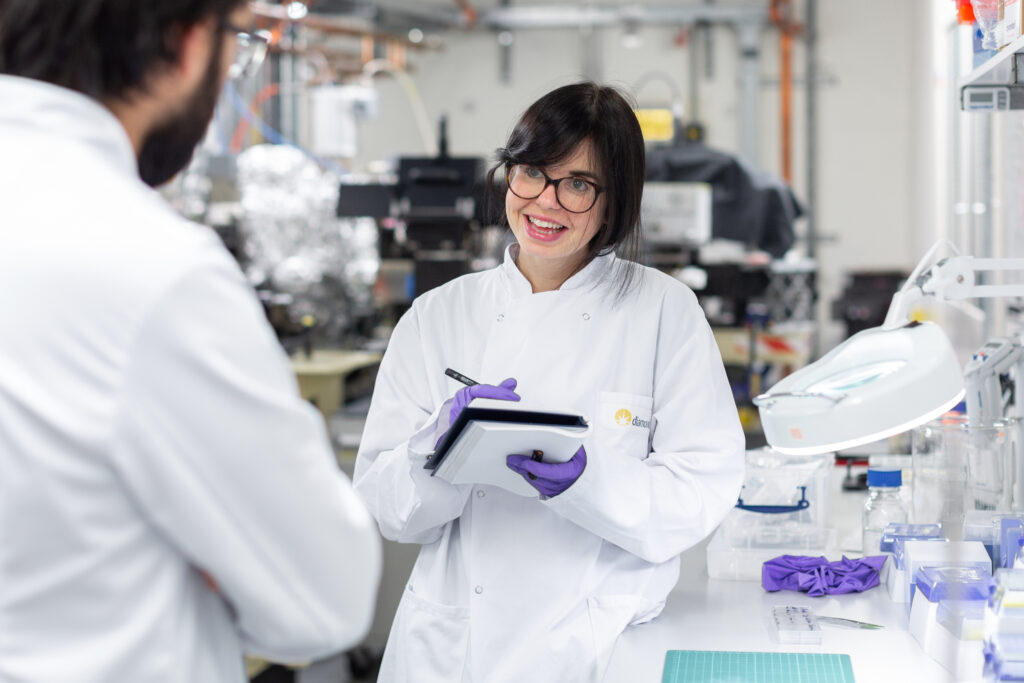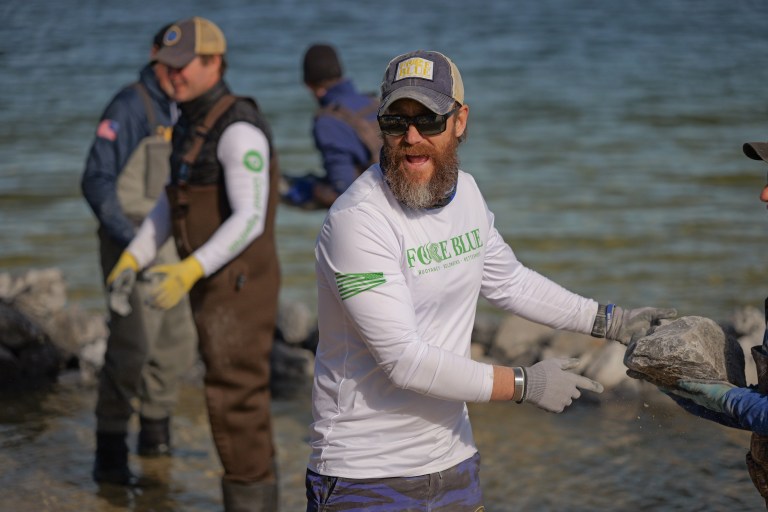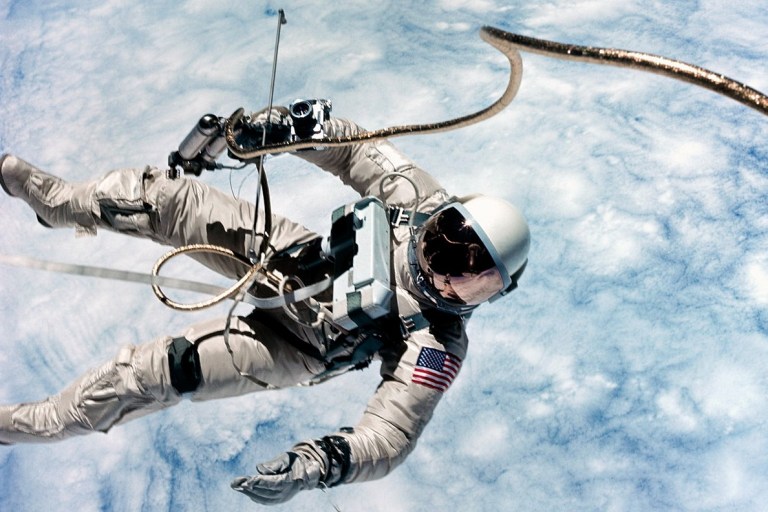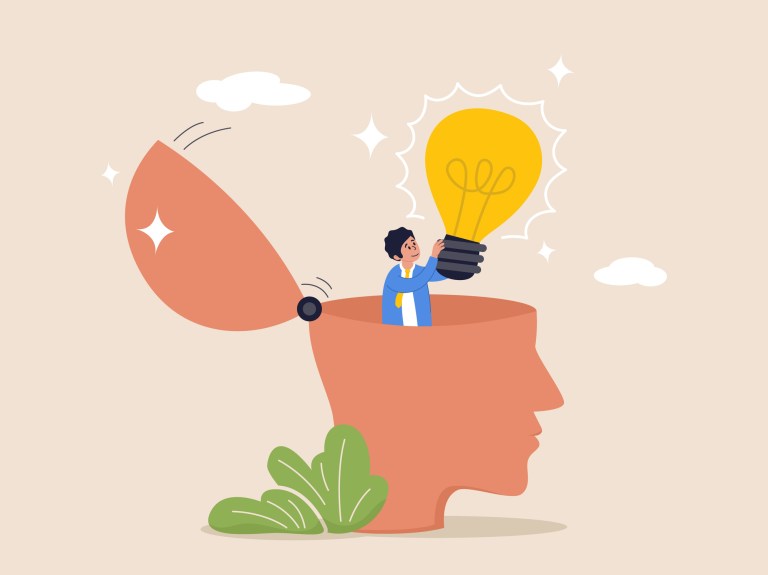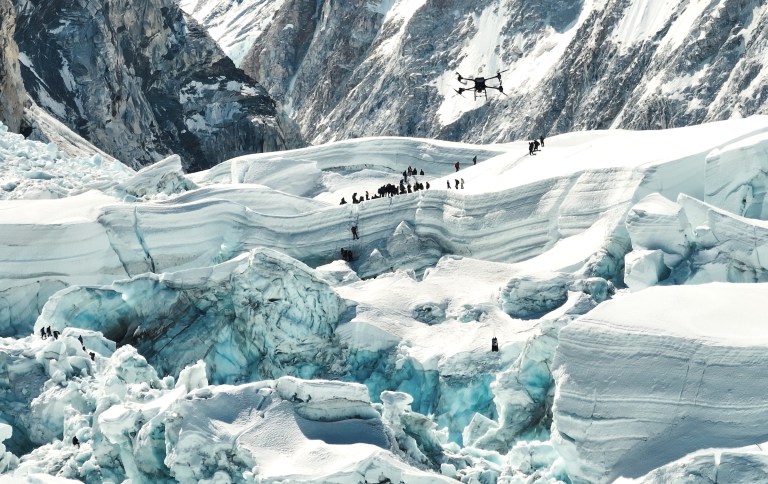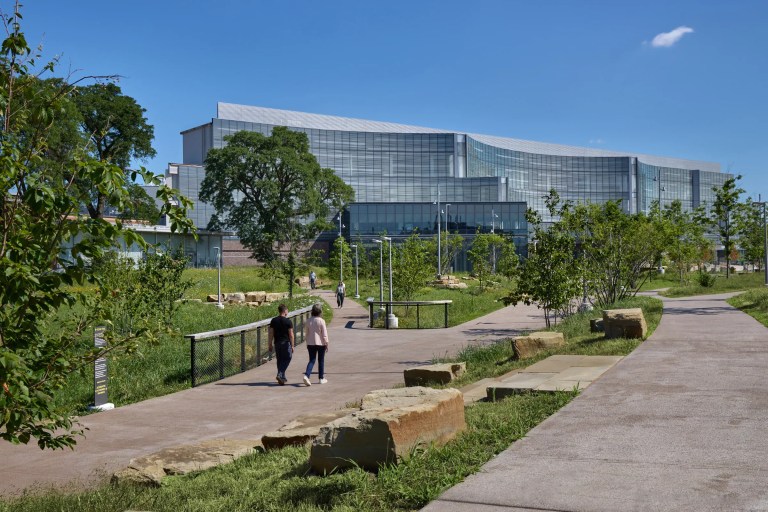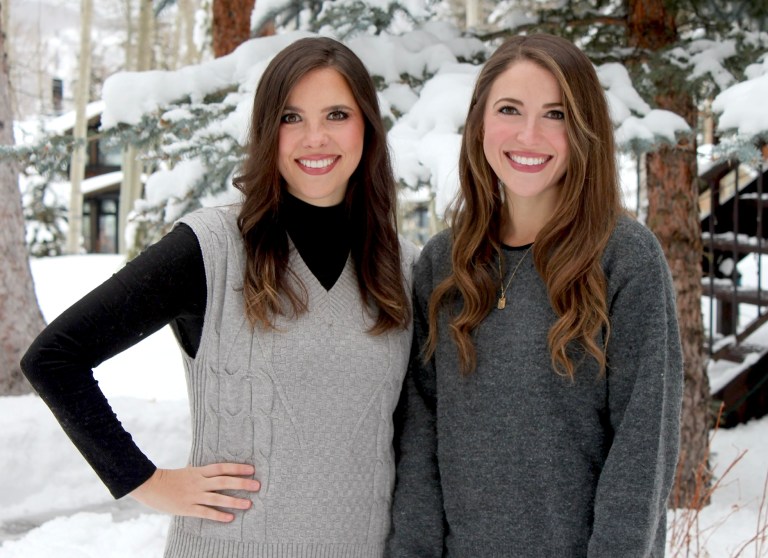Women make up less than a third of the U.S. workforce in science, technology, engineering, and math (STEM) fields, and earn about 15,000 less than their male counterparts, according to the American Association of University Women. There have been various movements to help end this STEM gender gap in recent years, and Jessica Wade is doing her part — mainly through Wikipedia.
The 33-year-old British physicist has written more than 1,700 Wikipedia biographies for little-known female and minority scientists in an effort to highlight their contributions and hopefully encourage more women to join and stay in the field.
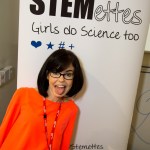
“Throughout history, women scientists have been making breakthroughs and world-changing discoveries,” Wade told Nice News. “I wanted to take their stories to an accessible platform that everyone trusts and understands. Wikipedia is the perfect place for that.”
She typed out her first entry about six years ago, The Washington Post reports, after she met and was “massively impressed” by American climatologist Kim Cobb. Since then, she’s spent countless hours searching scientific journals, publications, and other resources for subjects to showcase. And there is no shortage, she said.
“People assume girls don’t choose science because they’re not inspired,” Wade explained in an interview with Today. “Girls are already interested. It’s more about making students aware of the different careers in science and getting parents and teachers on board.”
Wade’s Wikipedia additions include mathematician Gladys West, pharmaceutical nanoscience researcher Ijeoma Uchegbu, and June Lindsey, who was instrumental in the discovery of DNA structure in the mid-1900s. And, in a happy twist of fate, Wade has her very own Wikipedia page — written by others.
A research fellow at Imperial College London, she focuses her work on considering new materials to be used within the field of nanotechnology, which includes quantum computers that will help to “transform health care, transportation, and communications, and enhance resilience to cyber threats and climate catastrophes,” she wrote in a Wired article in December.
While that sphere of interest may seem a bit esoteric to a typical adult, Wade also spends her time making science accessible to youngsters: She’s the author of a children’s book entitled Nano: The Spectacular Science of the Very (Very) Small, which was published in September 2021 and features illustrations by Melissa Castrillón.
And her own education in STEM is far from concluded — she gleans plenty of insight about other areas of study just by writing the Wikipedia biographies. “In the process, I actually learn so much science,” she told the Post. “It’s a fun journey.”
RELATED: Meet Sabrina Thompson: The NASA Engineer Designing a Spacesuit for Women
